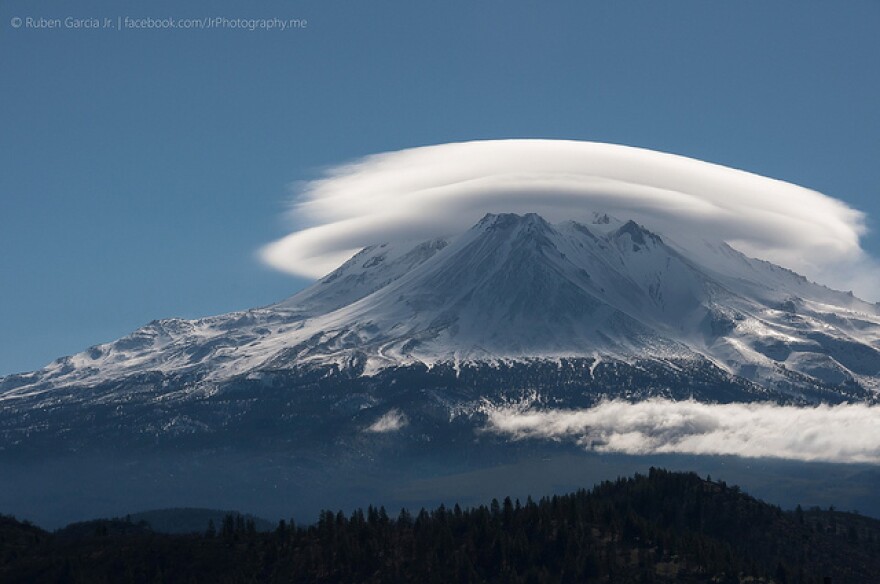Most of us don’t think of “travel” as history. We probably don’t think much about travel at all. When it’s time to take a break from the dailiness of life, we line up some time off, grab the credit card, and go.
But travel is history, and that history suggests that how we travel matters.
As for travel history, until quite recently it was more about adventurism than adventure. World military history helps us grasp that fact. If early world travelers weren’t warriors, then they were explorers and mercenaries, seeking trade routes, cotton, spices, slaves. Only in the 1800s did significant numbers of people begin to travel for pleasure — and these, the world’s first tourists, were a privileged few. Until the 20th Century even most travel literature reflected the conceits of the leisured. And why not? Everyone else stayed home.
Then came World War II, a political conflagration that torched the old map of the world. But war-related innovations, from giant planes to rugged, waterproof gear, were easily converted to recreational use. By the 1950s and 1960s, previously isolated and isolationist people from all parts of the world — and especially here, in the U.S. — had become enthusiastic world travelers. The rest, as they say, is history. Travel is now the world’s largest service industry.
But we modern travelers want more than good service … more than mere diversion or entertainment.
We expect to experience a place, to know it. We crave connection and authenticity, and yes, adventure.
The word itself paints vivid pictures. Here we are, scaling unfriendly mountain peaks … trekking through tropics … scrambling to the high-side on whitewater trips. If it’s not danger we seek, maybe it’s endangered species. We set off to watch birds, we swim with the dolphins. Then enjoy the best local food and drink … explore architecture and art … volunteer to build a trail, rebuild a remote temple.
Yet the success of adventure travel has brought big problems. Approaches adventure travelers have come up with to solve those problems— “sustainable travel,” “responsible travel,” “ethical travel,” and “appropriate tourism” among them — have become core elements of ecotourism. The International Ecotourism Society defines ecotourism as: “responsible travel to natural areas that conserves the environment and improves the well-being of local people.”
Ecotourism is not just nature appreciation and outdoor adventure. It’s also almost every other aspect of a particular place, including its culture, economy, history, and politics. The “eco” in ecotourism (and in economy) — from the Greek oikos, meaning “house” or “home” — resonates with the essential meaning of ecology: the interrelationships of all living things with each other and with their environment.
As Seattle Times travel writer Jim Molnar said way back in 1989: “Already it seems no more than common sense. Visit another culture with thoughtfulness and sensitivity, and come home with good will and understanding along with your memories.”
The idea behind Up the Road is simply this: We need similar good will and understanding here at home. Don’t we want folks who visit here in Northern California to be similarly responsible, to value the riparian jungles of the Sacramento River, say, every bit as much as those in Costa Rica?
Responsible tourism provides connection and adventure, and offers economic and environmental benefits.
That’s why travel matters.



